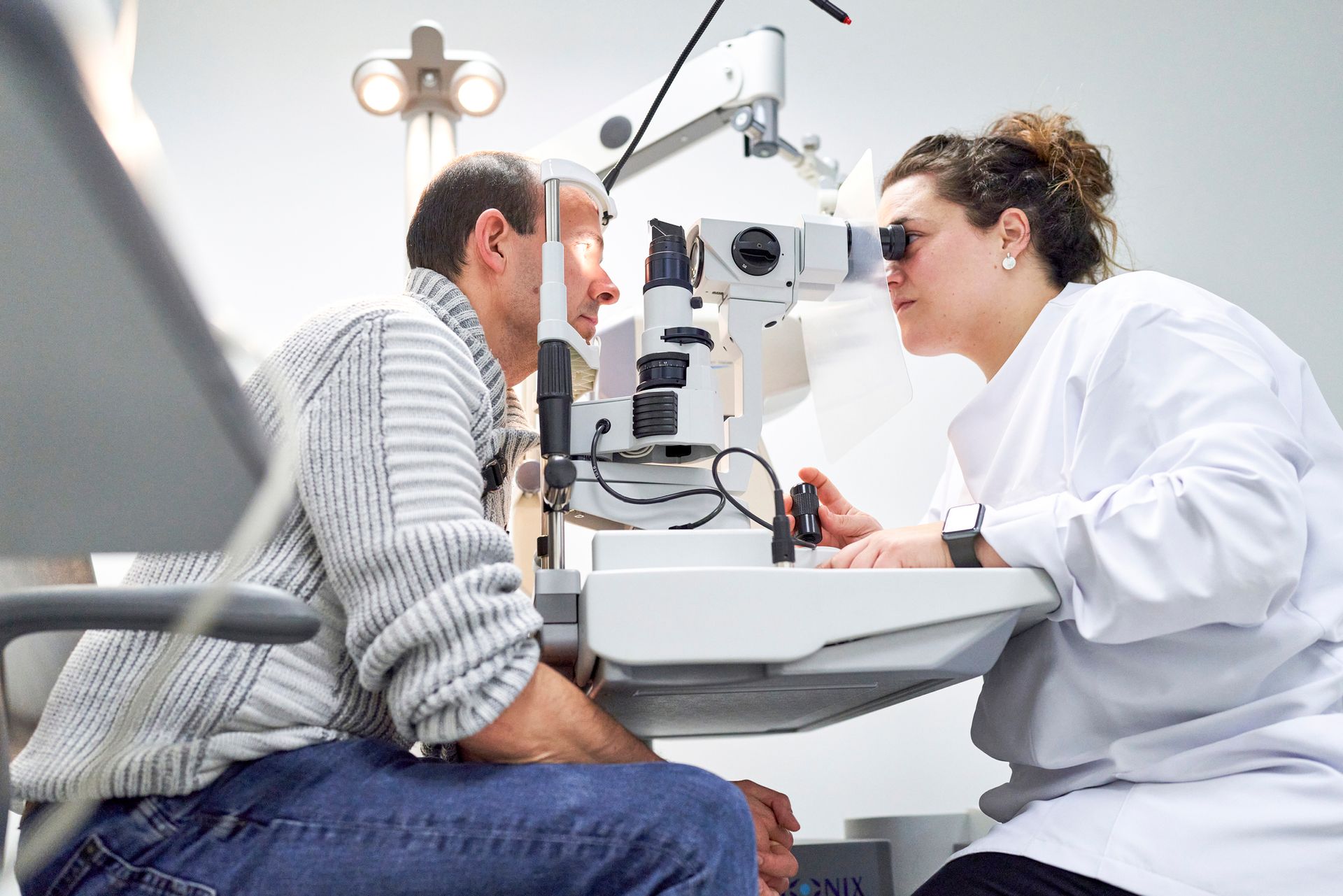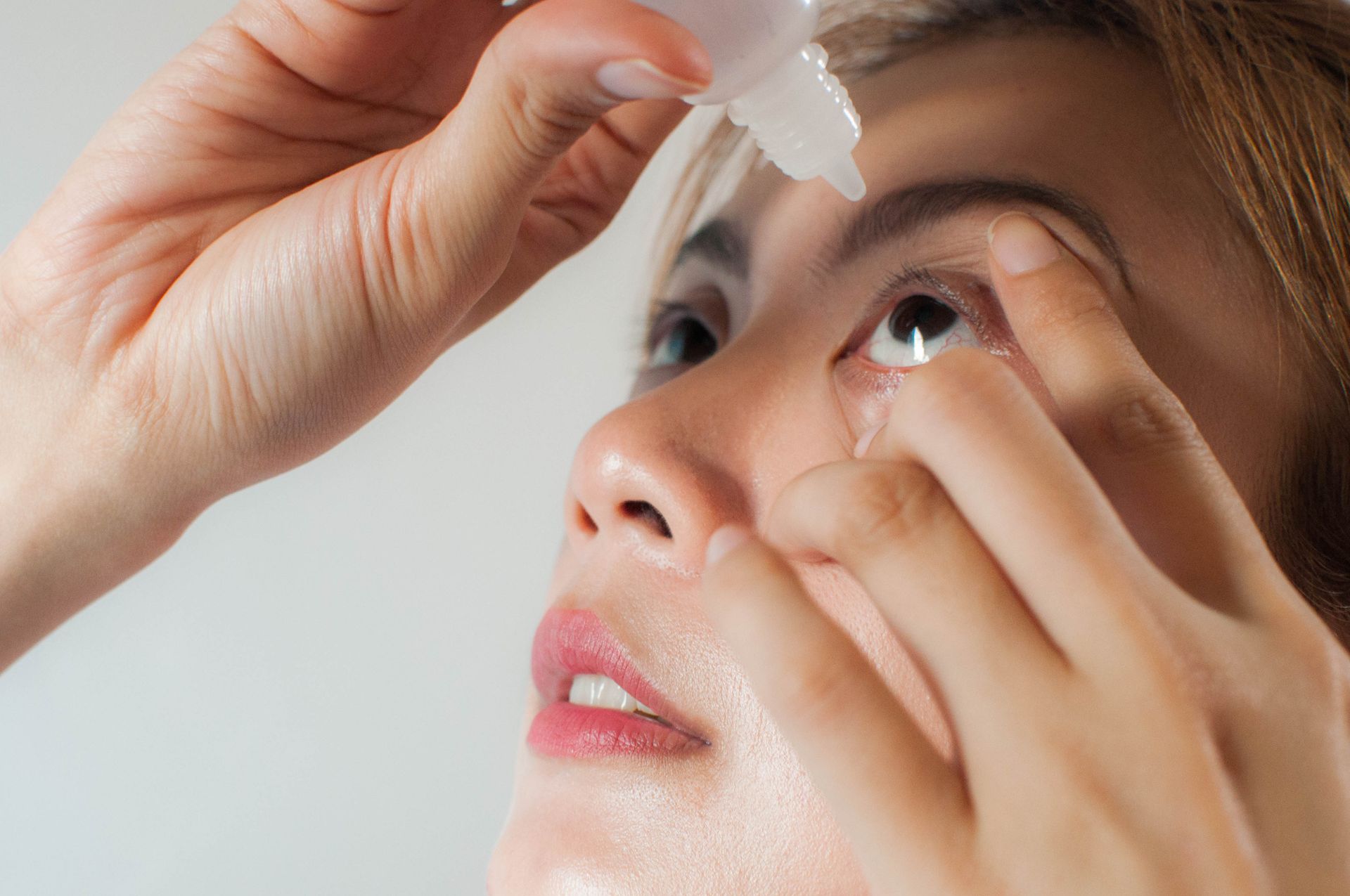Silicone Hydrogel Contact Lenses
- By No Author
- •
- 06 Jun, 2023
- •
What are silicone hydrogel contacts—and are they the right choice for your vision needs? According to the U.S. Centers for Disease Control and Prevention (CDC), it's estimated that 45 million Americans wear contacts. If you're one of the millions of adults who wears contacts or you've considered switching from glasses to contact lens, take a look at what you need to know about the silicone hydrogel option.
What Are Silicone Hydrogel Contacts?
These are soft contacts made from, as the name implies, a silicone hydrogel material. The silicone hydrogel is a water-based plastic that absorbs moisture. This allows it to soften when wet and harden when dry.
Are These Contacts Disposable?
Yes, silicone hydrogel contacts are available in a daily disposable option. A daily disposable option makes it unnecessary to clean and store the contact lenses after you wear them. This eliminates the need for cleaning solutions and reduces the risks of accidental loss (when the lenses are out of your eyes) or damage.
Why Choose a Silicone Hydrogel Contact Lens Option?
The advantages of daily disposable lenses are top reasons to select a silicone hydrogel soft contact lens. Not only could you save money on the solutions and other cleaning products that you won't have to buy to use daily disposables, but you also won't need to worry about replacing the contacts if you accidentally damage them. Instead, you can simply throw the damaged lens away and use your next day's pair.
Where Can You Get Silicone Hydrogel Contact Lenses?
Like other types of contact lenses, you will need a prescription for silicone hydrogel daily disposables. Only a qualified, licensed eye doctor or vision specialist should examine your eyes, write a corrective prescription, and fit the lenses. Never order these (or any other) lenses online without the assistance of an optometrist or ophthalmologist.
Can You Switch From a Different Contact Lens to a Silicone Hydrogel Material?
Yes, you can switch from another type of contact lens to this option. Whether you currently wear rigid gas permeable, extended wear, soft contacts made from another material, or even daily disposables made from another material, you can switch to silicone hydrogel contacts.
If you feel that the oxygen permeability of silicone hydrogel could add the comfort your eyes need, talk to your eye care professional during your next visit or make an appointment to discuss making a change. Your eye care professional will assess your vision and help you to decide on the best contact lens material to meet your individual needs.
How Do You Care for Silicone Hydrogel Daily Disposable Contact Lenses?
Again, these contact lenses are high in comfort and low in maintenance or care needs. Daily disposables are exactly that the name says. You will wear the lenses for one day, remove them, throw them away, and use a new pair the next day. But if you choose a non-daily disposable use soft lens made from the silicone hydrogel material, you will need to disinfect the contacts after/before wearing them.
Are you ready to make the switch to a silicone hydrogel contact lens? Is this your first experience with contacts? Contact the Calvert Ophthalmology Center for more information on eye exams, contact lenses fittings, and other vision care services to meet your eye health needs.











